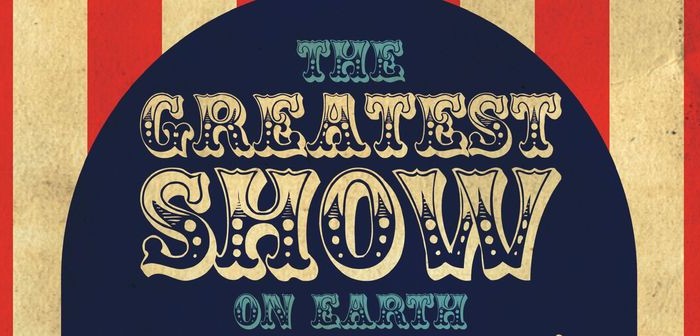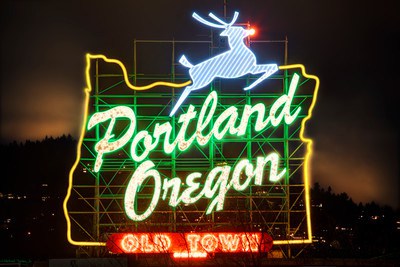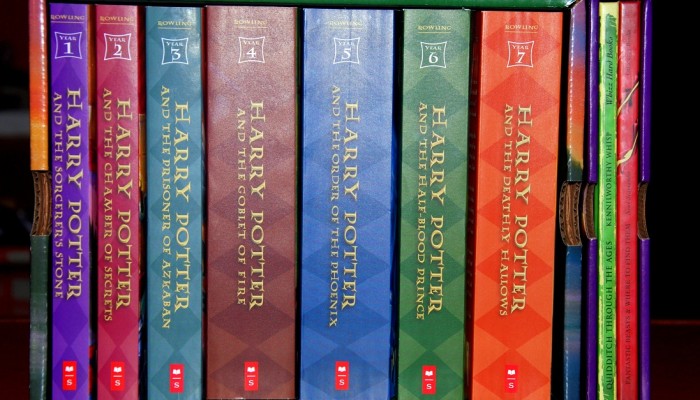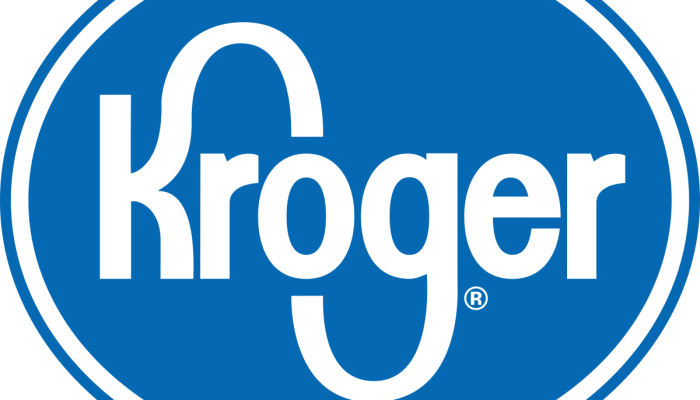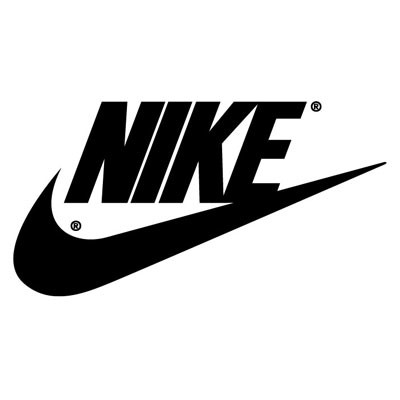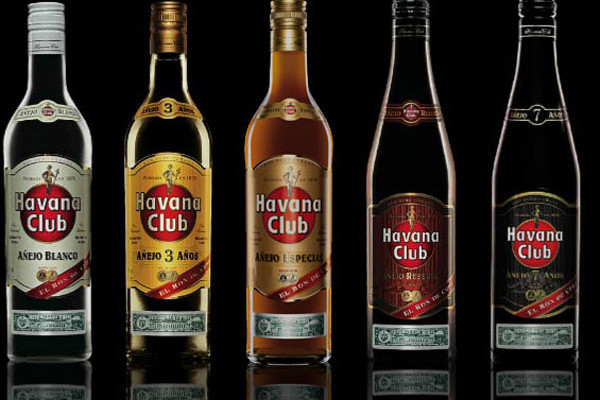Ringling Bros. and Barnum & Bailey Circus ended its 150-year run as an operating circus in May 2017. The show garnered worldwide fame as “The Greatest Show on Earth”. This tagline became so synonymous with the Circus that the owners obtained a trademark registration on the phrase and even as the Circus has now ended, the trademark registration lives on. Unfortunately for Kid Rock, the owners of this trademark registration are now suing him for trademark infringement after he branded his upcoming concert tour “Greatest Show on Earth Tour 2018”. Continue reading “The Greatest Show on Earth Files Lawsuit against Kid Rock”
